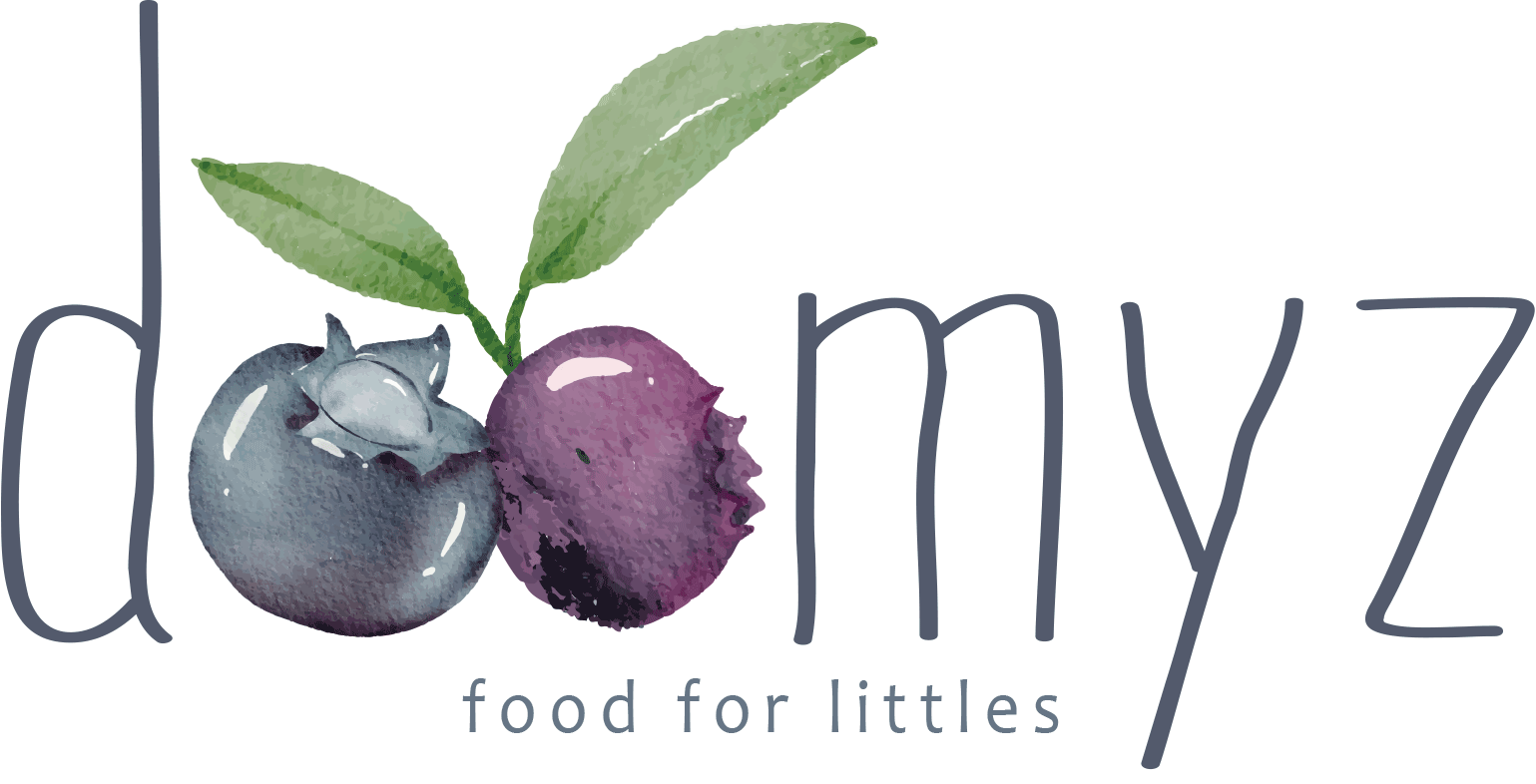No products in the cart.: 0.0JOD
Preparing homemade baby food can be a rewarding and nutritious way to introduce your little one to solid foods. It allows you to have control over the ingredients and ensures your baby receives wholesome, natural nutrition. However, there are common mistakes that parents often make when making homemade baby food. Let’s explore these pitfalls and learn how to avoid them.
1. Ignoring Food Safety: One of the most crucial aspects of making baby food is ensuring it’s safe to eat. Wash your hands, utensils, and ingredients thoroughly. Avoid cross-contamination by using separate cutting boards for raw meat and produce.
2. Skipping the Doctor’s Guidance: Always consult with your pediatrician before introducing new foods to your baby. They can provide guidance on when and what to feed your child based on their developmental stage and potential allergies.
3. Not Introducing Variety: Babies benefit from a diverse diet, just like adults. Don’t stick to a single type of food for an extended period. Introduce various fruits, vegetables, and grains to expose your baby to different flavors and nutrients.
4. Adding Salt or Sugar: Avoid adding salt or sugar to your baby’s food. Their taste buds are still developing, and too much salt or sugar can be harmful. Instead, rely on natural flavors to entice your baby’s palate.
5. Forgetting Texture Progression: As your baby grows, their ability to handle different textures improves. Gradually introduce chunkier textures and finger foods to encourage proper chewing and swallowing skills.
6. Preparing Too Much Food: Babies have small appetites, so don’t prepare large quantities of baby food. Freshness is key, so make small batches and store them properly in the refrigerator or freezer.
7. Not Labeling and Dating: Homemade baby food can be stored for future use, but it’s essential to label and date containers to track freshness and avoid feeding expired food.
8. Overheating Baby Food: Be cautious when using the microwave to warm baby food, as it can create hot spots. Stir the food thoroughly and test its temperature before serving to prevent burns.
9. Not Being Patient: Babies might reject new foods initially. Don’t give up if your baby doesn’t like a particular food at first. Try reintroducing it later or mixing it with something they enjoy.
Making homemade baby food can be an enjoyable and nutritious experience for both you and your little one. By avoiding these common mistakes, you can provide your baby with a healthy start to a lifetime of good eating habits.



